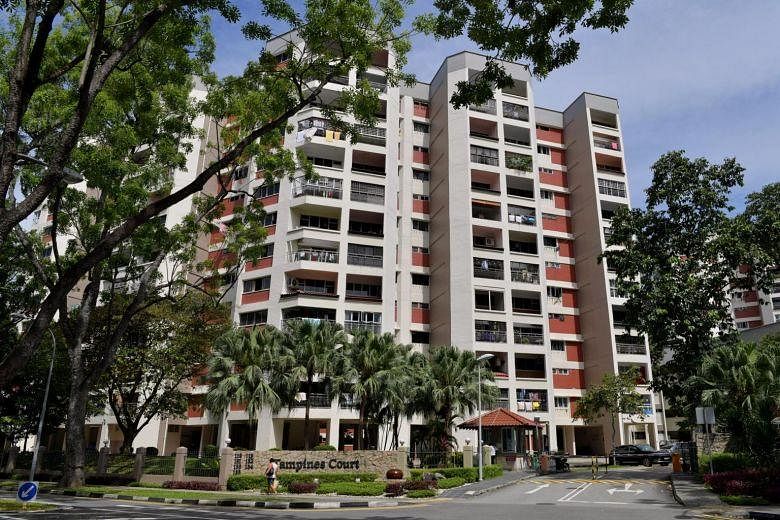SINGAPORE - In a collective sale of private homes, residents who oppose it will still have to pay any seller's stamp duty that applies to them.
"If the sale occurs within the holding period, the seller's stamp duty is applied, regardless of whether an individual owner consented to or opposed the sale," said Second Minister for Finance Lawrence Wong in Parliament on Tuesday (Nov 20).
The reason is that the collective sales committee is given the powers to enter into a sale and purchase agreement on behalf of all owners when it gets the consent of the required majority of residents in the property, he added. This agreement is binding on all owners.
Mr Wong, who is also the National Development Minister, was replying to Mr Lim Biow Chuan (Mountbatten), who asked whether the seller's stamp duty is waived for those who did not sign the agreement to launch a collective sale.
This duty was introduced in 2010, with the aim of discouraging short-term holding of residential properties and is part of the Government's measures to ensure a stable and sustainable property market.
The collective sale of properties below 10 years old requires the consent of at least 90 per cent of residents by share value and strata area, and 80 per cent for developments aged 10 years or older.
The seller's stamp duty varies according to how long a person has owned the property.
For example, a person who bought a property in April 2017 and sold it in March 2018 will pay a stamp duty of 12 per cent of the selling price or market value, whichever is higher. If the home is sold for $1.5 million, the duty is $180,000.
Home owners who do not consent to a collective sale can file their objections at the Strata Titles Board, which can then look into them and make a decision, Mr Wong said. Such objections can be on grounds like financial loss.


